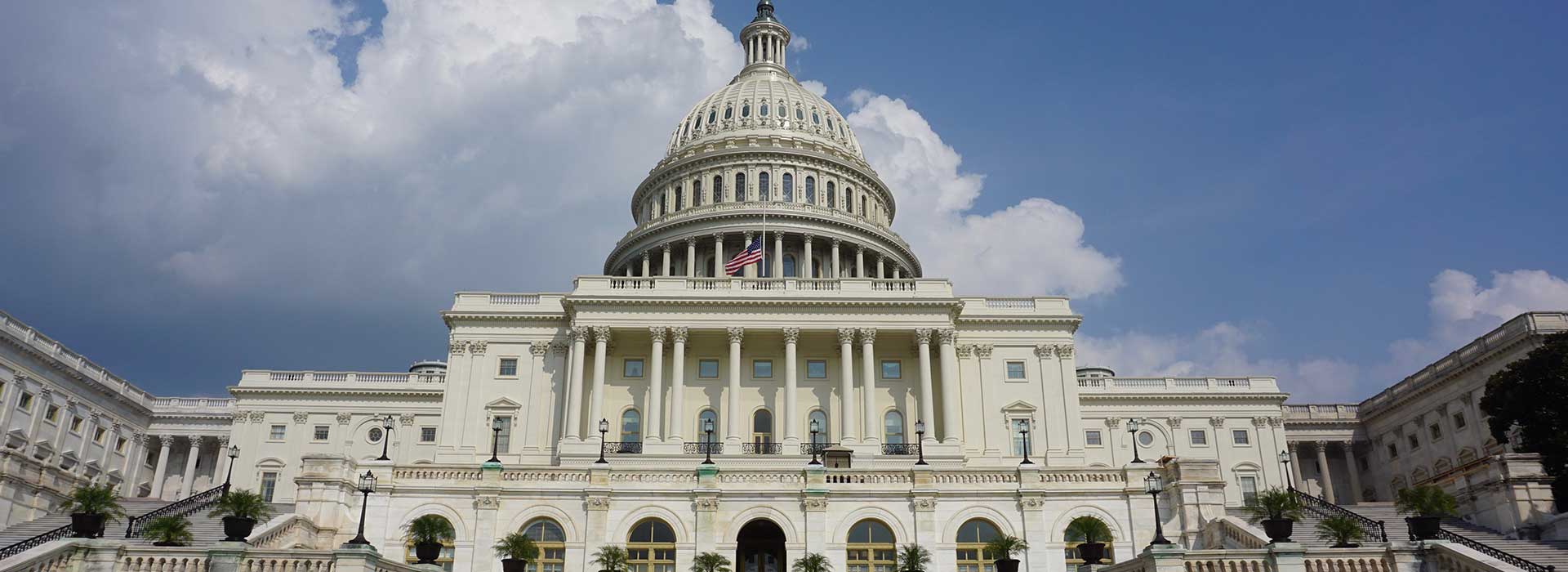The public perception of carbon offsets has cycled over time, although lately offsets haven’t been in the news much at all, perhaps because the climate change debate has tended to focus on bigger picture issues surrounding the legislation pending in congress. Very recently, though, offsets have garnered some positive press that may signal another turn in the tide of conventional wisdom.
Economist Robert Frank takes to the pages of the New York Times to praise the potential efficiency (as in economic efficiency) benefits of offsets. Glenn Hurowitz makes a similar point in Grist, arguing that any tool to bring about emissions reductions at low cost is a benefit to the environment. And even Joe Romm, no lover of offsets, says that his view has “evolved” to the point that he’s comfortable with the offset provisions in Waxman-Markey bill now before congress.
What’s driving the change in sentiment? Probably a few things. The first is that offset standards have improved considerably, raising confidence both that emissions reductions are real and also that the market won’t be flooded with cheap offsets, removing any incentive for structural changes in the U.S. economy.
The second is that the process of negotiating a climate bill tends to concentrate the mind on the political necessity of keeping carbon prices at a reasonable level. We want a lot of emissions reductions quickly. We also want to avoid blowing apart the delicate coalition required to shepherd a bill through. Done right, offsets help to preserve the environmental integrity of the cap-and-trade system and also ease some of the near-term price pressure.
The third is that offsets help to loop unregulated parts of the economy into cap-and-trade: forests, cows, landfills, etc. These unregulated (or semi-regulated) sources of emissions are an important part of the climate change puzzle.
None of this stuff is really new, but the promise of near-term passage of a climate bill in the U.S. (truly a world historical event) seems to have injected a healthy dose of pragmatism into the debate.
Brought to you by terrapass.com
Featured image







